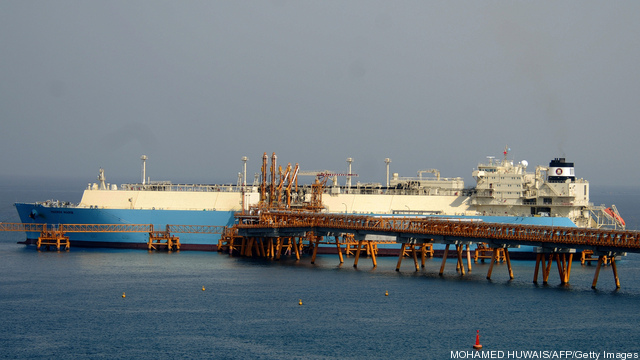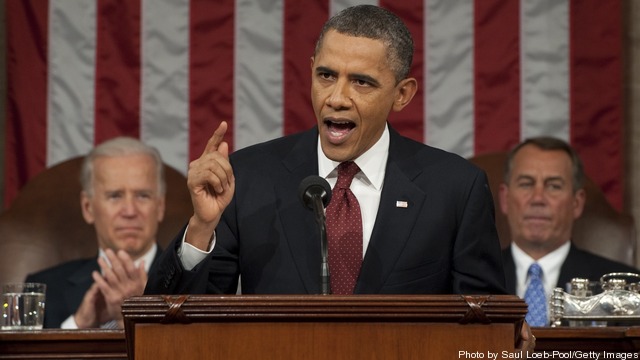
California energy users have a shock in store between 2015 and 2020, warns a new analysis by ICF International.
That’s when California’s greenhouse gas law, the Global Warming Solutions Act of 2006, really bites. Popularly known as AB 32, the law requires progressive reductions in carbon dioxide and other gases associated with global warming, aiming to cut the state’s emissions to their 1990 level by 2020. Keep reading →









